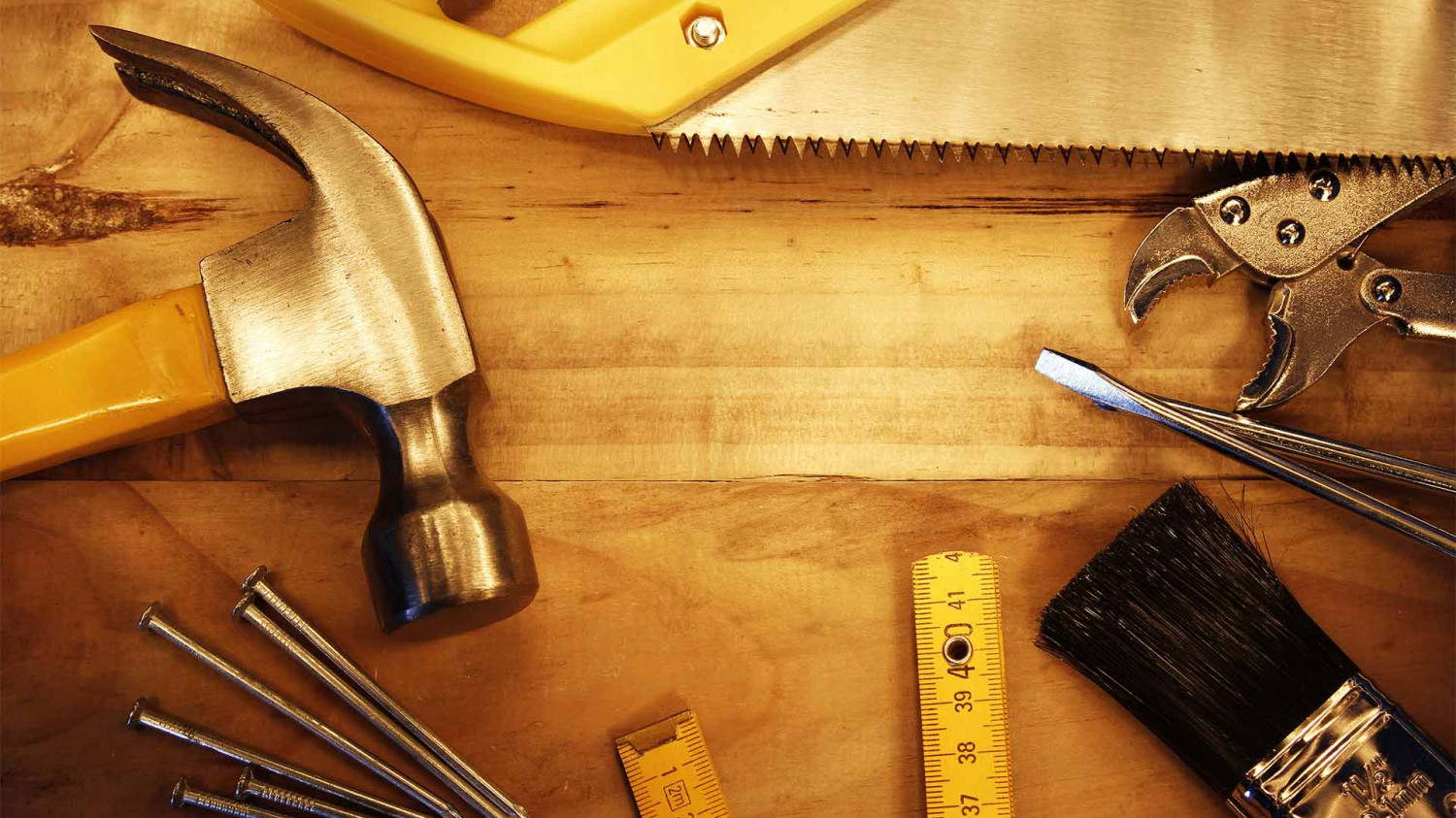

Breathe New Life Into Your Home
Depend on our experienced remodeling contractors in Orlando, FL
Whether you want to replace dull, damaged floors or revitalize an outdated kitchen or bathroom, US Regional Group has you covered. Our remodeling contractors specialize in a range of services designed to enhance the functionality and appeal of your everyday spaces. From flooring and carpentry work to interior and exterior painting, we're here to help.
Reach out to our remodeling company in Orlando, FL today to learn more about our first-rate services.

Offering Free Estimates on All Services
Turn to us for honest pricing and high-quality work
Are you wondering what sets us apart?
US Regional Group is a reliable local remodeling company with a proven track record in Orlando, FL. We set ourselves apart because:
We've been transforming homes for over two decades
We offer free estimates and honest pricing on all of our work
We prioritize excellent communication and customer service
Get in touch with us now to discuss your next home improvement project.
Check out all of our top-notch services
You can feel confident that our remodeling contractors will always provide unmatched customer service and high-quality work. Turn to us when you need:
Flooring installation services
Kitchen remodeling services
Bathroom remodeling services
Custom built-in services
Interior painting services
Exterior painting services
Contact us at 407-279-1989 today to schedule the custom carpentry services you need in Orlando, FL.
